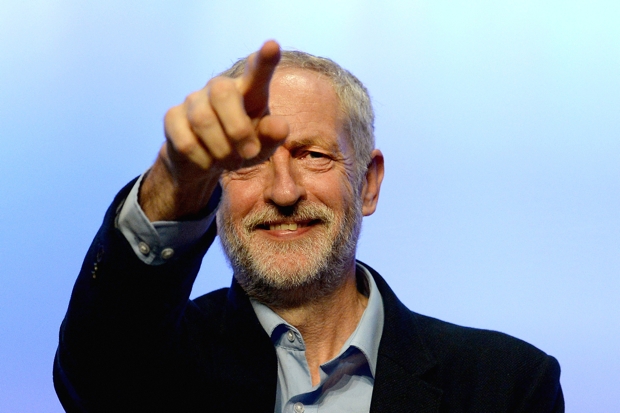This week marks two years since Jeremy Corbyn was announced as the Labour leader. When he took over, he promised to shake up the way Prime Minister’s Questions was done, to make it more about the voters and less about the political point-scoring. But interestingly, he has now settled into a rather effective political routine.
Corbyn now runs through a series of policy areas on which the Tories look weak, almost regarding Theresa May’s answers as incidental to the process rather than the prompt for him to probe more and point out that she hasn’t answered the question at all. This is probably a wise move, given Theresa May tries to make her answers as incidental and irrelevant as possible. Today he ran through the government’s treatment of disabled people, public sector pay, the cost of living and tuition fees in the space of six questions. He actually made his second question both about disability and public sector pay, almost as though he’d changed his mind while speaking about what he fancied asking the Prime Minister:
‘The United Nations committee says that the Government’s policies have caused “grave and systematic violations” of the rights of disabled people. We have seen punitive assessments and sanctions, cuts to disability benefits, and the bedroom tax that has hit disabled people, 4.2 million of whom now live in poverty. At the weekend, we were told that the public sector pay cap had been dropped. On Monday, the Prime Minister’s spokesperson said the pay cap would continue as planned, and yesterday we were told it was over, yet later we found out that police and prison officers still face a real-terms pay cut. Will the Prime Minister tell us what the position is at midday today?’
Corbyn has used the question medley format before, but it didn’t really work as he appeared to be hopping all over the place, often from one niche interest of his to another. Now, though, he has worked out which issues the Conservatives are weak on, and runs from one to the other, almost as though he is in a party political broadcast.
This isn’t a particularly effective way of scrutinising policy, as so often it is the detail on which you can catch a Prime Minister out. But that’s not what Corbyn is after. He is trying to create a long list of the issues on which the Conservatives are out of step with the electorate. Yes, there are many parliamentarians who could do this with far more panache and impact. But Corbyn does seem to finally have found his niche – and oddly, it’s a much more political niche than the one usually occupied by the leader of the Opposition.







Comments